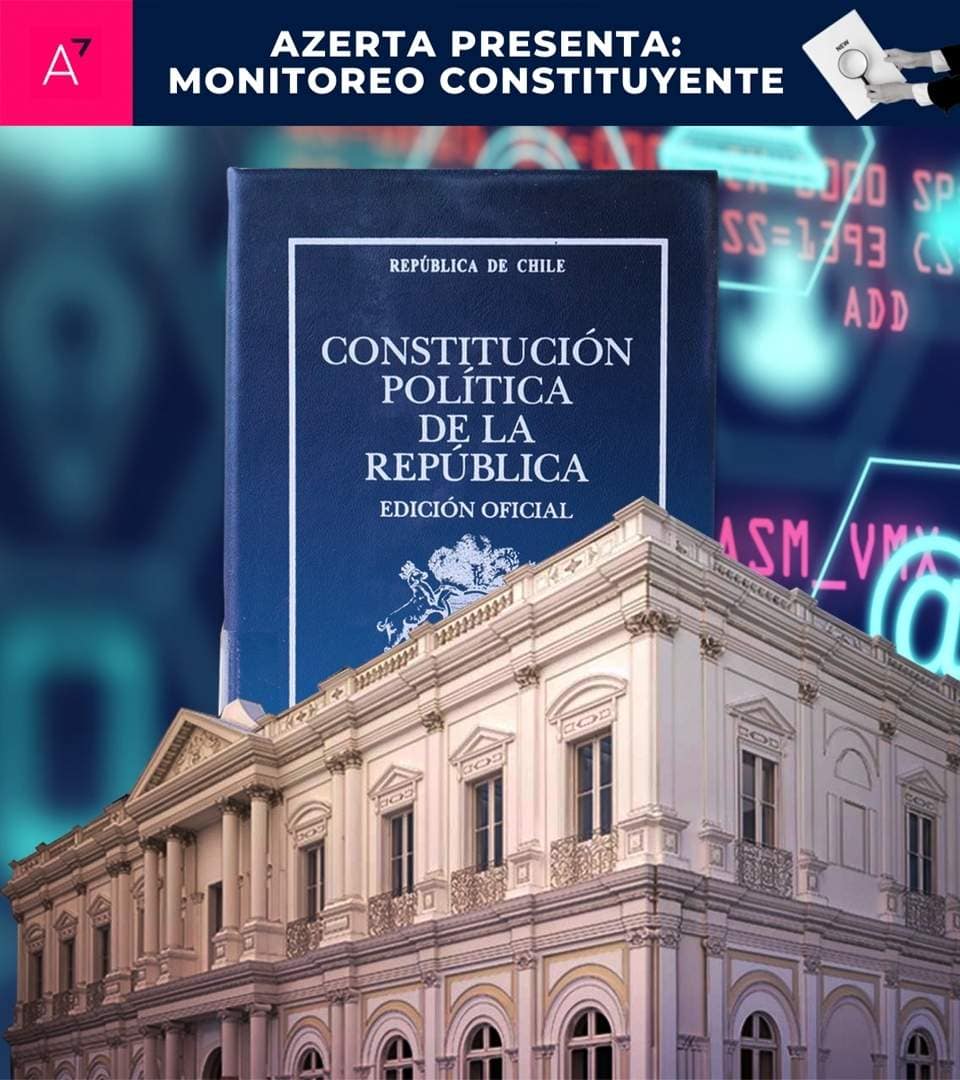Following a painstaking process of registering the tickets and candidates for the election of our representatives to the Constitutional Convention with the Electoral Service (Servel) — which ended on Monday, January 11, although it received an extension from the Servel until Thursday, January 14 — the unprecedented process of debating and drafting a new proposed Constitution to offer to the citizenry began formally in Chile. This document will be drafted by 155 democratically elected constituents.
The emphasis on registration is significant. Following Servel’s confirmation of the participants on the 79 tickets, the thousands of candidates began an electoral campaigning stage that is expected to be very active, though curtailed by the health restrictions stemming from the Coronavirus pandemic. Accordingly, the various candidates, parties and movements will prioritize the dissemination of their programs and messages through conversations on social networks.
Given our ongoing interest in the public agenda, at Azerta we have decided to include tracking of the constituent process to our work in 2021. It is a challenge that we began in early January, by systematically gathering public information on the candidates for the Convention. After Servel’s official confirmation, we decided to follow the predominant issues and communities emerging from their virtual conversations as a way of anticipating the issues and expectations surrounding the drafting of the new Constitution.
Although there will only be 155 participants ultimately representing us at the Constitutional Convention, the experience gained from the Candidaturas Chile project in 2017 and 2018 confirmed the importance of getting to know the larger group overall. This is the universe of candidates who were not elected and are generally ignored in favor of the winners when it comes to political analyses. Why is this, you may ask? Because it is very likely that those who do not get enough votes on April 11[1] will still maintain a high level of interest in staying involved and in raising urgent topics during the discussion of upcoming political issues. This is why it is so important to pay attention to the different virtual discussions that we will be unpacking on this platform and that will be capturing Chilean’s media attention in the coming months.
(*) Political Scientist from the Catholic University of Chile, Master of Science in International Public Policy from University College London, England, and Partner at Azerta.
[1] Voting day has been moved to May 15 and May 16, 2021 because of Covid-19.

